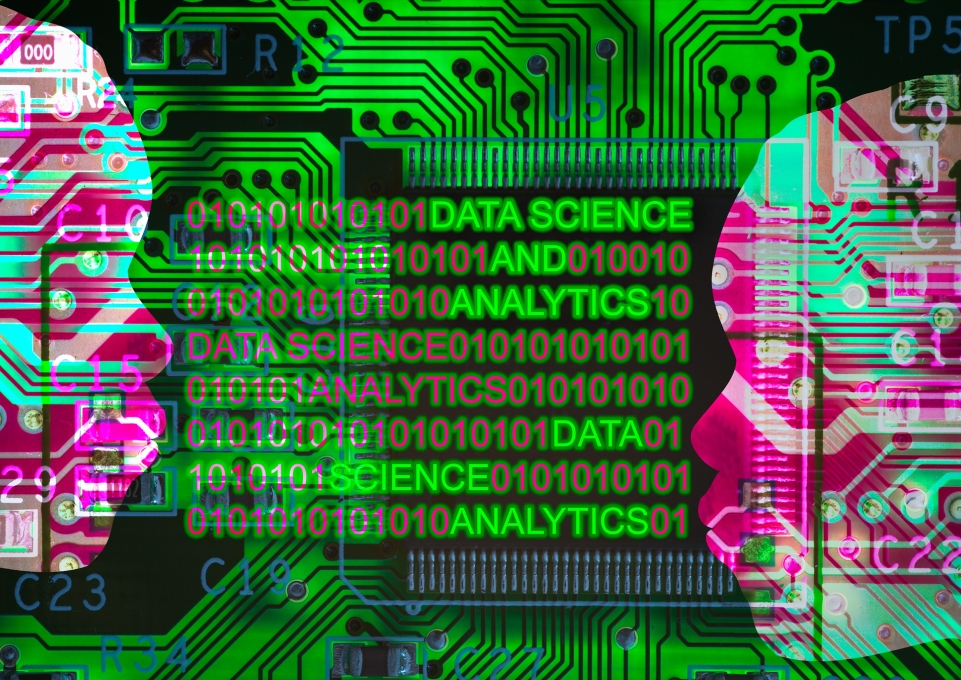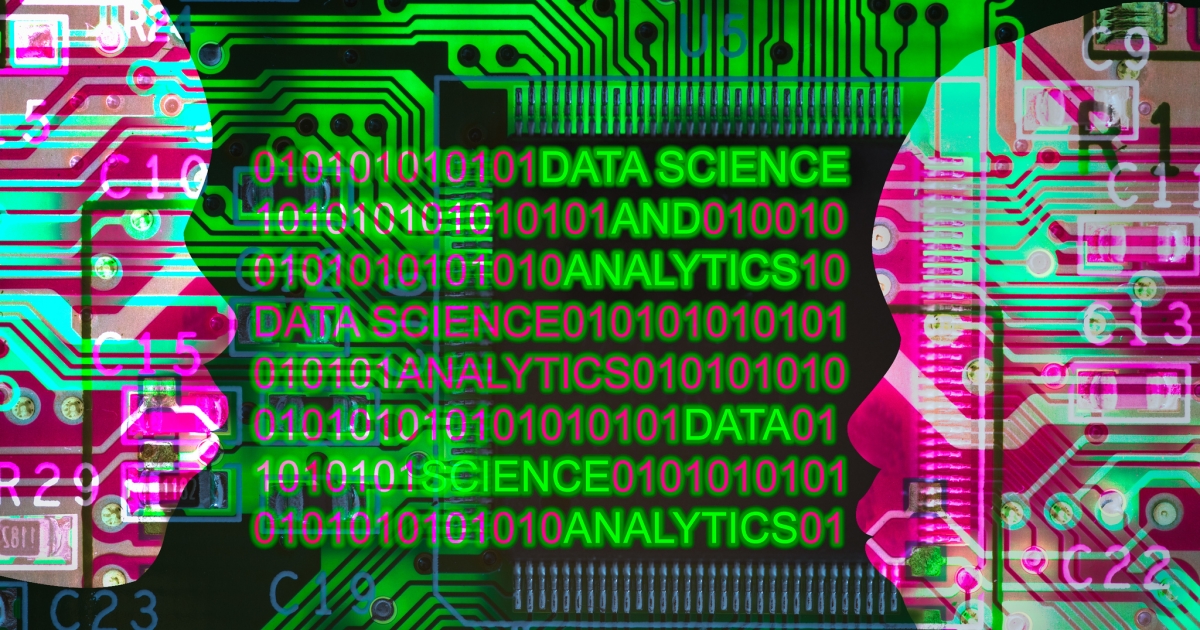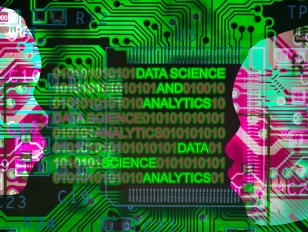
Buffalo State University’s master of science in data science and analytics (DSA) was recently recognized by TechGuide as one of the most affordable programs of its kind in the country. Through a nationwide analysis of data science master’s programs, Buffalo State’s was ranked number 10, highlighting its exceptional balance of affordability and academic quality. The DSA M.S. program receives applications from all over the world and graduated 12 students at the university’s May 2025 Commencement ceremonies.
“This ranking demonstrates that we are on the map,” said Joaquin Carbonara, lead faculty for the DSA M.S. “We are serving our mission as a SUNY public university by providing a high-quality program at an affordable price.”
DSA is a fast-growing discipline leading to job opportunities in a variety of fields including business, health care, government, and education.
“Data science and analytics breaks silos among disciplines,” Carbonara said. “You have people from business, research, medicine, all of them talking in the common language of science. It improves teamwork, supports crowdsourcing, and generates progress.”
Unlike similar programs that require bachelor’s degrees in mathematics or computer science or specializes in a particular software program, Buffalo State offers a well-rounded DSA education and accepts students from all backgrounds.
“Data science is pervasive; every discipline needs it,” Carbonara said. “Through apprenticeship methods and networking, we allow students from different disciplines to get up to speed, update their skills, and be effective in the workplace.”
Buffalo State DSA courses are taught by industry professionals, which increases students’ networking opportunities and ensures they are kept apprised of current trends.
Buffalo State DSA courses are taught by industry professionals, which increases students’ networking opportunities and ensures they are kept apprised of current trends. One course is taught by Amin Serehali, Independent Health’s chief information officer, who also frequently mentors and hires Buffalo State graduates.
“Data science competency has emerged as a key competitive advantage and business differentiator,” Serehali said. “To meet growing demands, particularly within our local business community, Independent Health views Buffalo State’s DSA program as essential. It not only blends rigorous academics with hands-on experiential learning but also equips students with the practical skills needed to solve complex business challenges and deliver real-world impact from day one.”
Additionally, the program’s curriculum is consistently updated for relevance. A current example, said Carbonara, are changes based on developments in artificial intelligence.
“DSA is what’s driving this artificial intelligence revolution, and we are well-positioned to incorporate generative AI into our program,” he said. “We are malleable and nimble; we update our curriculum regularly and teach students what is going to be effective for them.”
“Joaquin is consistently ahead of the curve,” added Susan McCartney, special advisor to the provost for economic development; director of Buffalo State’s Small Business Development Center; and member of the DSA advisory board. “First with his persistence on leading our educational programs on data analytics, and now with artificial intelligence.”
In addition, Buffalo State’s DSA program—offered primarily in-person but with hybrid elements—focuses heavily on experiential learning. As part of the required 30 credit hours, students must complete an internship and a group project, as well as attend a seminar.
“This work is helping to prepare our students for the critical analysis of data needed today and into the future,” McCartney said. “This knowledge is essential for the full panoply of organizations and businesses as they strive to succeed in an ever more complex economic environment.”



